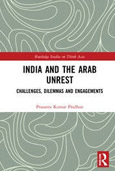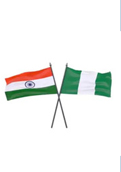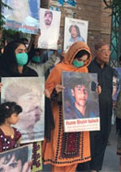Beijing’s Lead in Renewable Energy: Why India Needs to Introspect?
As India’s strides in the renewable sector are increasingly gaining pace, it gives an opportunity to assess what potential challenges and opportunities arise for India in the face of China’s growing dominance in the renewable energy industry.
- Mayuri Banerjee
- November 30, 2021












